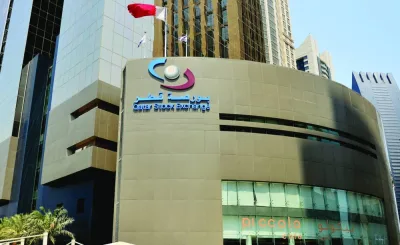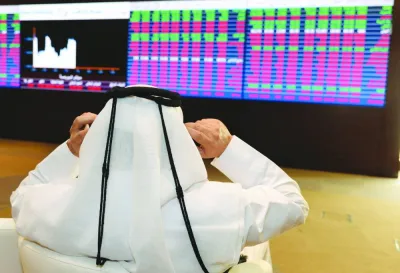The Middle East and North Africa or Mena - which saw 14 IPOs (initial public offerings) during the second quarter (Q2) of 2025, raising $2.5bn in proceeds - is expected to see another 14 planned listings during the second half (H2) of this year, according to Ernst and Young (EY)."The outlook for Mena IPOs in H2-2025 remains strong, supported by a healthy pipeline of 14 planned listings across a range of sectors," EY said in its latest report.Saudi Arabia continues to lead with 10 anticipated offerings, while upcoming activity from Egypt, Tunisia, and Morocco highlights the region’s expanding market depth and diversification.The IPOs in Q2-2025 marks a 4% increase in capital raised compared with the first quarter (Q1) of this year, demonstrating sustained investor appetite and the resilience of regional capital markets, EY said.“The Q2 of this year has reinforced the Mena region’s position as a resilient and dynamic IPO market. In spite of investors practising caution, we have seen strong growth. The diversity of sectors represented, along with milestone listings such as Dubai Residential REIT, highlights the depth of opportunities across the region. With a healthy pipeline for the remainder of 2025, we expect this momentum to continue,” said Brad Watson, Mena EY‑Parthenon Leader.While after‑market performance varied, with 10 of the 14 IPOs closing below their offer price on debut, five listings recorded gains, reflecting a cautious investor sentiment, it said, adding companies are increasingly strategic about market timing, carefully assessing investor sentiment and macroeconomic conditions before going public.In terms of equity market performance, the Boursa Kuwait Premier Market Index led regional gains in Q2-2025, rising 17.2%, while other markets posted mixed results.The nature of IPO proceeds in Q2-2025 reflects a notable shift, with secondary listings accounting for 64.3% of all IPOs, up from 35.7% in Q1-2025. This suggests a preference among issuers for shareholder exits over new capital raising, further demonstrating a more cautious approach amid ongoing market uncertainty.Saudi Arabia continues to set the pace for IPO activity in the Mena region, attracting strong interest across multiple sectors. At the same time, landmark transactions in the UAE show how regional exchanges are evolving to meet the needs of a broadening investor base, according to Gregory Hughes, Mena EY-Parthenon IPO Leader.“This diversity, combined with continued enhancements in market governance, is a key to sustaining long‑term growth,” he said.In Saudi Arabia, the second quarter’s largest IPO was flynas, which debuted on the Tadawul main market and accounted for 44% of Q2’s total proceeds. This was followed by Specialised Medical Company, which raised $500mn; and United Carton Industries Company $160mn.In the UAE, the Dubai Financial Market welcomed Dubai Residential REIT, which raised $584mn. The listing marks a significant milestone as the largest real estate investment trust (REIT) by market capitalisation in the GCC and the first pure‑play residential leasing REIT in the region.

Santhosh V. Perumal
Santhosh V. Perumal, a postgraduate in Econometrics with an advance qualification in Capital Markets and Financial Services, is Gulf Times' journalist. His coverage areas are debt and equity, hydrocarbons, international trade, environment, banks, insurance and real estate. Previously, he was in New Delhi, India as Senior Finance Correspondent of PTI.
Most Read Stories
4























